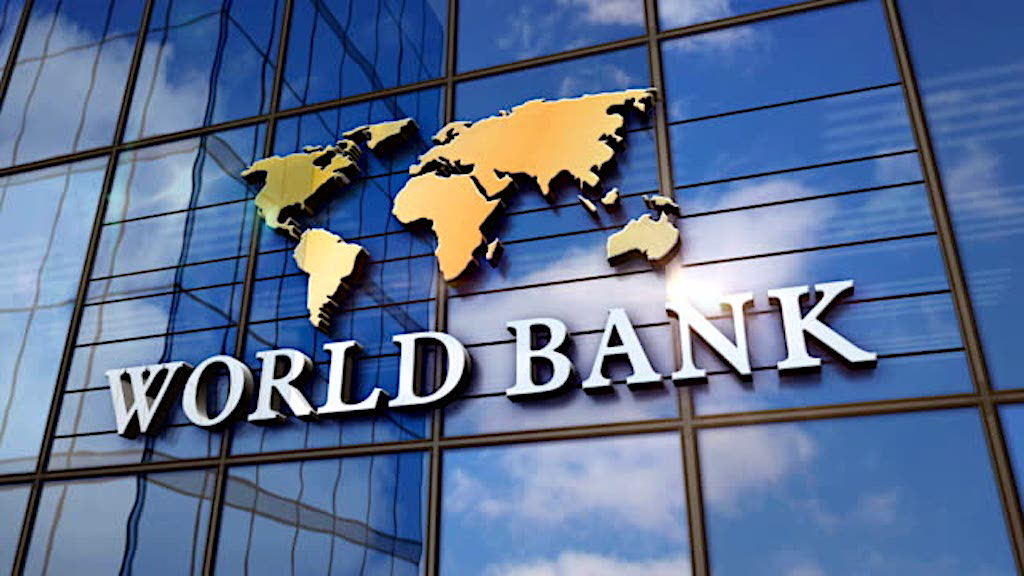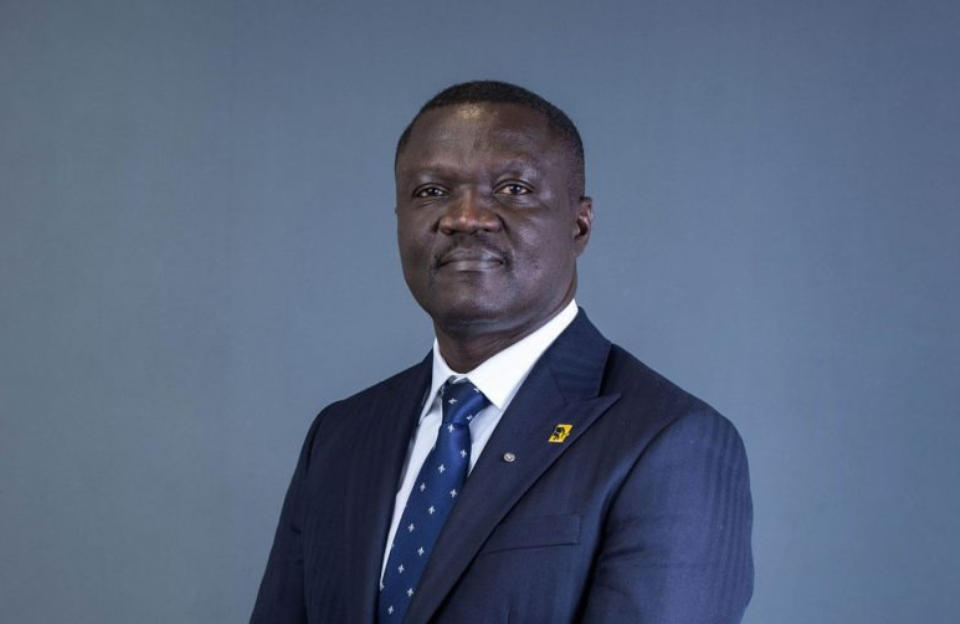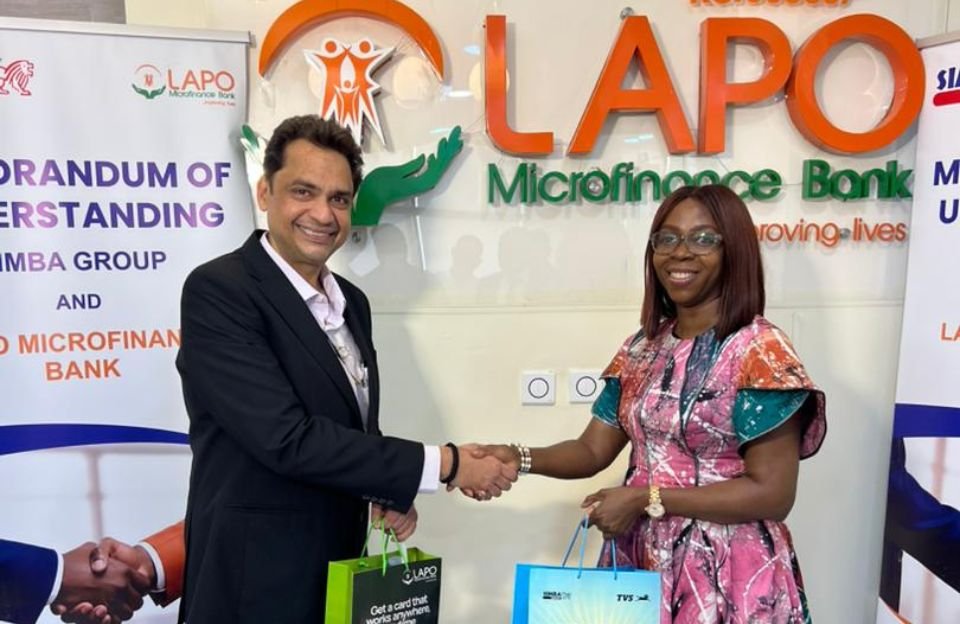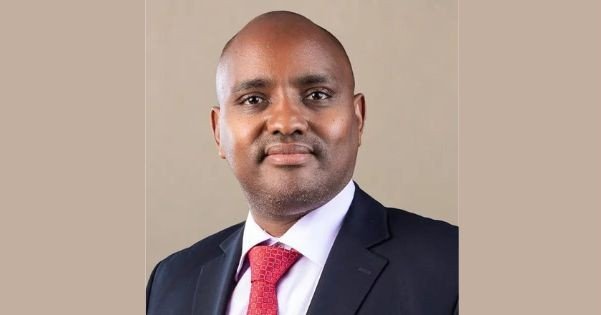

World bank consents to support Government of Madagascar
World Bank has approved a $250 million credit to support the Government of Madagascar to expand safety net services in country.
This new project will be implemented over a period of four years and will target extremely poor households throughout all of the 23 regions of Madagascar while boosting the social protection system and promoting greater resilience to shocks.
World Bank Country Manager for Madagascar, Marie-Chantal Uwanyiligira said, “ Madagascar has faced an unrelenting series of economic, climate, and health shocks in recent years that have dealt severe setbacks to economic growth and poverty reduction. Social safety nets have always been at the forefront to help the most vulnerable people cope with those shocks and become more resilient,”
“We are very pleased to support a scale up of Madagascar’s social protection programs, allowing for a nationwide reach supported by a national social registry that other sectors will use to target the most vulnerable.”
Also, the Senior Social Protection Specialist, Team Leader added, “This project will build on the achievements of the Madagascar Social Safety Net Project (SSNP) which has helped lay the foundations of the country’s social protection system. Compared to the SSNP, it will increase the focus on household resilience and help beneficiaries to reduce their need for support through training and microentrepreneurial support to produce lasting improvements in their livelihoods.”
Senior Social Protection Economist, Julia Rachel Ravelosoa emphasized “To address the gender gaps in education, health, and economic inclusion, the project will prioritize women as the main recipients of cash transfers. It will also encourage girls’ school attendance, promote access to reproductive and healthcare services, and encourage women’s participation in a package of accompanying measures including financial and economic inclusion, women’s leadership and participation in decision making.”
The Madagascar Safety Nets and Resilience project will ensure the continuity of the core and crisis response safety including human development cash transfers, productive cash-for-work activities, and rapid and flexible responses to a natural, pandemic, or economic shocks and crises based on declarations of need from national authorities.
















